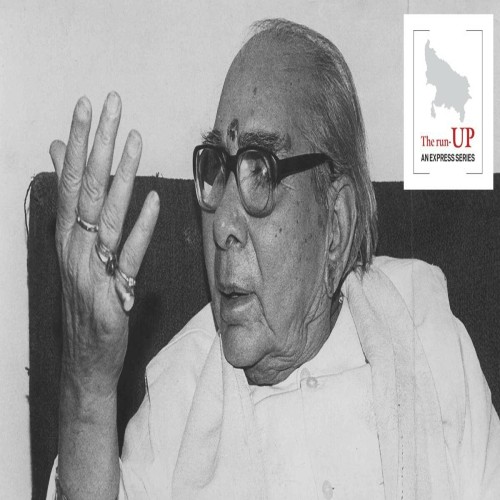Early Life
Kamalapati Tripathi was born on 3rd September 1905. He obtained a D.Litt from Kashi Vidyapeeth in Varanasi. He started his career as a journalist with the Hindi newspaper Aaj. He was a senior Indian National Congress leader in the Varanasi constituency. He was also the chairman of the Hindi Sahitya Sammelan from1947 to 1948.
Role in India’s Independence movement
Tripathi participated in the Non-Cooperation Movement in the United Province in 1920, the Civil Disobedience Movement in the United Province in 1930 and the Quit India Movement in 1942, for which he was arrested and imprisoned on several occasions.
Contribution to Constitution Making
Kamalapati Tripathi was elected to the Constituent Assembly from United Province on Congress Party ticket and played an important part in the drafting of the Constitution of India.
He is quite famous for his speech on the amendment of the expression “India, that is, Bharat”. In his words, it would have been more in accordance with the prestige and the traditions of the country, and the Constituent Assembly if this amendment was made.
Later Contributions
Kamalapati Tripathi served as the Minister of Information and Irrigation in the year 1952. He served as the Minister of Home, Education and Information Department in the year 1957. He served as the Finance Minister in the year 1962. He became the Deputy Chief Minister of Uttar Pradesh in 1969. He briefly served as the Chief Minister of Uttar Pradesh in the year 1971. He was a member of Rajya Sabha from 1973 to 1980 and the member of Lok Sabha from 1980 to 1984. He served as Union Minister for Railways for two times first from 1975 to 1977 and then briefly in 1980.
He presented the Railway Budget of India four times: 1975–76, 1976–77, 1980–81 (interim) and 1980–81 (final).
He died on 8th October 1990 in Varanasi.
Key Writings
Kamalapati’s notable works reflect his sustained love for Gandhi, including Bapu aur Bharat, Bapu aur Manawata (Hindi and English) and “Freedom Movements and Afterward.”
- On 18 September 1949, he advocated the nomenclature of country as “Bharat, that is, India” as opposed to “India, that is, Bharat.” He believed that it would have been more in accordance with the prestige and the traditions of the country if this amendment was adopted, since it gave primacy to the Hindustani language over English.
- Tripathi criticised the Constitution for being overly centralised and not taking into account India’s indigenous village democracies.

